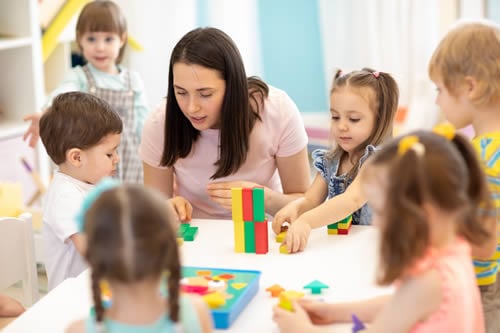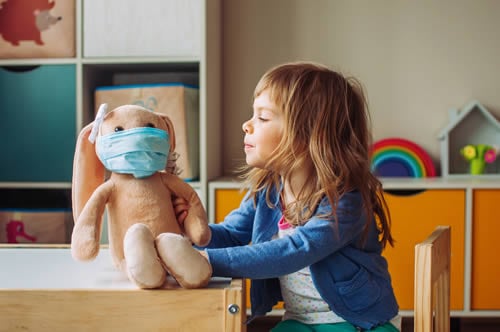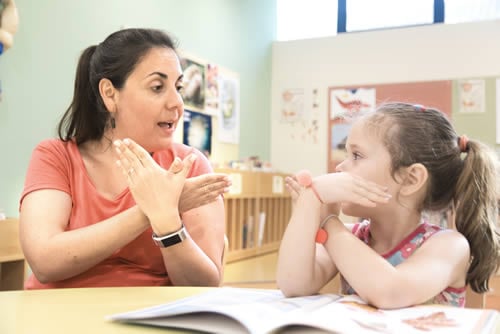Communication or social interaction is a common challenge for children with special needs, particularly if they’re autistic. Although these issues can’t be completely eradicated, with support, young people can often learn to understand social ‘rules’ and gradually become more confident at expressing themselves in everyday life.
SEN Tutor Megan is in the unique position of being both a qualified teacher and a speech and language therapist. This enables her to wear two ‘hats’ in her lessons and offer her students a double dose of specialist support.
Communicating is an Essential Part of Education

She points out that social skills and communication are fundamental to all kinds of learning at all levels. “I don’t think they should be viewed as a separate subject. Language and social interaction are entwined in everything we do,” she explains. “The starting point with my students is always attention – finding out how long a child is able to concentrate and focus, and working to improve this,” she explains. “From there, we might be able to move on to following instructions and other tasks.”
Although Megan has worked with youngsters up to the age of twenty-five, she has a lot of experience with preschool and primary-age children. Improving communication is woven into everything she does with her students – she might, for example, demonstrate turn-taking while playing a numeracy game. This could be aided by visual prompts or by modelling the language people use when they do a fun activity together. With older children, she might employ the same strategies but get them to wait slightly longer for a turn, thus stretching their attention span.
How Can Parents Boost a Child’s Social Skills at Home?

However, families can also work on a child’s social skills at home, she advises. One game that’s particularly effective, she says, is using little cut-out figures to role-play situations.
“I remember one boy who was terrified of going to school. We printed a photo of his face and stuck it on one of the figures and did the same with pictures of his mum and his teacher,” Megan recalls. “He was then able to practise what might happen when he went to school and what the different people might say. He really enjoyed it! You can use this technique for all kinds of situations. Kids love anything that’s personalised – it’s amazing what a stuck-on face can do!”
Signing Can be a Great Help

Makaton – a simple communication system that uses signs and hand movements and was popularised by kids’ TV character ‘Mr Tumble’ – can also encourage a young person to express themselves, she points out. Although mums and dads might worry that this could encourage a child to abandon speaking altogether in favour of full-time signing, Megan maintains she has never seen this happen.
“Makaton is always meant to be used alongside language, not replace it,” she points out. “The interesting thing is it slows down parents’ communication because they have to take the time to think of the sign for a word or phrase. It can make people realise just how difficult communication can be for some children. It gives them empathy.”
Plan Social Situations with Care

It can be tempting for families to plan non-stop activities and extra-curricular hobbies for their kids in an attempt to increase social confidence. However, Megan warns that young people – especially those with autism – can easily become overwhelmed by too much interaction with other people.
“Social occasions can be exhausting for children with special needs and they often need ‘down time’ afterwards to de-stress,” she cautions. “They might want to sit by themselves or play with Lego, for example. Less socialising can sometimes make what they do participate in more effective.”
And because going to school, mixing with other children and trying to concentrate, is already potentially over-stimulating, she adds, parents might want to think about whether lots of after-school clubs are really the best option for their SEN child. In some cases, physical pastimes such as gymnastics or swimming might be less stressful than hobbies that require a lot of talking, she suggests.
Children With Special Needs Like to Know What to Expect

Many youngsters with autism thrive on structure and for those children, a clear, visual timetable showing when clubs or family days out are taking place can reduce anxiety. Writing any unexpected alterations to social plans on a whiteboard – for example, visiting grandma on Monday evening instead of playing tennis – can help children to cope with change.




